Japan is a dream destination for travelers, and rightfully so. We’ve had the pleasure of visiting Japan multiple times, and each visit teaches us something new about this fascinating country. Situated in East Asia, surrounded by the Sea of Japan, Japan is a remarkable archipelago to explore. While many people are familiar with its exquisite cuisine and historical significance during World War II, there is much more to discover about this incredible nation.
Fun Facts About Japan
Did you know that Japan boasts the second-highest life expectancy in the world, following Hong Kong? As of 2024, there were approximately 2.31 million people in Japan over the age of 90, with more than 71,000 exceeding 100 years! So, could it be that the Japanese have unlocked the secret to longevity?
Japan is rich in complex and ancient cultural heritage, yet it stands today as one of the most advanced nations in terms of technology and innovation since the 1950s. The country operates under a constitutional monarchy with a parliamentary system, and the official currency is the Japanese yen.
Japan places a strong emphasis on education, resulting in one of the highest literacy rates globally. The Japanese exhibit a unique appreciation for natural beauty, which is evident in their art, architecture, and daily life.
Some surprising facts about Japan might catch you off guard, just as they did for us. For example, sumo wrestling, Japan’s national sport, has deep roots in ancient rituals meant to entertain deities. The disciplined lifestyles of sumo wrestlers illustrate the sport’s significant importance in Japanese culture. Furthermore, onsen, or natural hot springs, play a vital role in Japanese life—not just for relaxation and rejuvenation but also for ceremonial practices in Shintoism and Buddhism.
There is an abundance of intriguing aspects to Japan, so let’s dive into some fascinating facts that truly captivated us.
1. Japan is Exceptionally Clean
The streets of Japan are immaculate; even in Tokyo, the capital city that is also a sprawling metropolis, you will find spotless and litter-free roads. How does Japan maintain such cleanliness? It comes down to a mindset; the Japanese take personal responsibility for their surroundings and rarely leave trash on the streets. Additionally, community volunteers of all ages participate in street clean-up efforts simply because they wish to live in a tidy environment.
2. Tokyo is the World’s Most Populated City
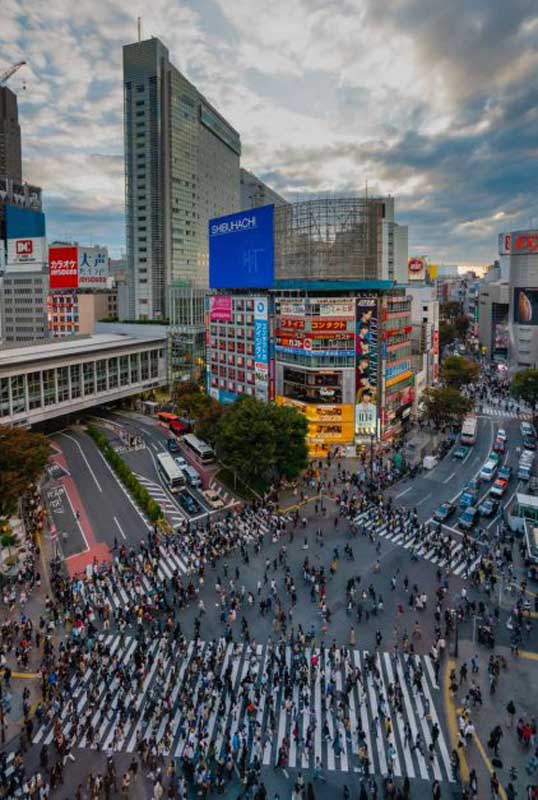
The greater Tokyo metropolitan area, which includes multiple regions, is home to Japan’s capital and has an estimated population of 38.14 million, making it the largest megacity in the world.
3. Japan Houses the World’s Largest Fish Market in Tokyo
Tokyo is home to the Tsukiji Fish Market, the largest fish market in the world. This bustling hub has been in operation since 1935 and has become a global symbol of the Japanese seafood industry. The market spans an extensive area and handles over 2,000 tons of seafood daily, earning fame not only for its size but also for its high-stakes tuna auctions, where buyers compete vigorously for premium catches.
Though the inner wholesale market relocated to Toyosu in 2018, Tsukiji remains a popular destination, with its outer market thriving with fresh seafood, street food, and a variety of culinary delights. This exemplifies Japan’s ability to blend tradition with modernity, preserving the old while embracing the new.
4. Japan’s Population is 98.5% Japanese
This may seem surprising given the increasingly multicultural nature of the modern world; however, Japan maintains a homogenous population. This is largely due to strict visa regulations and a cultural mindset that deeply values its distinctive and ancient traditions.
5. Japan Has Restaurants Specializing in Canned Foods
For canned food enthusiasts, Japan is a paradise, featuring many restaurants and bars dedicated to this unique food culture. The most popular chain is Mr. Kanso, which offers a wide range of canned foods from across the globe. With such an extensive selection, even the pickiest eaters are bound to find something intriguing to sample.
Not to mention, Japan is also famous for its vending machines, which can be found on nearly every street corner, vending everything from sake and beer to tea and snacks.
6. Japan Boasts a High Life Expectancy
Japan is nearly tied with Hong Kong for the highest average life expectancy, at approximately 83.6 years and 84 years, respectively. Factors contributing to this longevity include economic stability and the impact of the Japanese yen. A significant factor in Japan’s extended lifespan is attributed to its traditionally healthier diet compared to those in Western nations. The Japanese diet emphasizes fish, less red meat, ample vegetables, and smaller portion sizes.
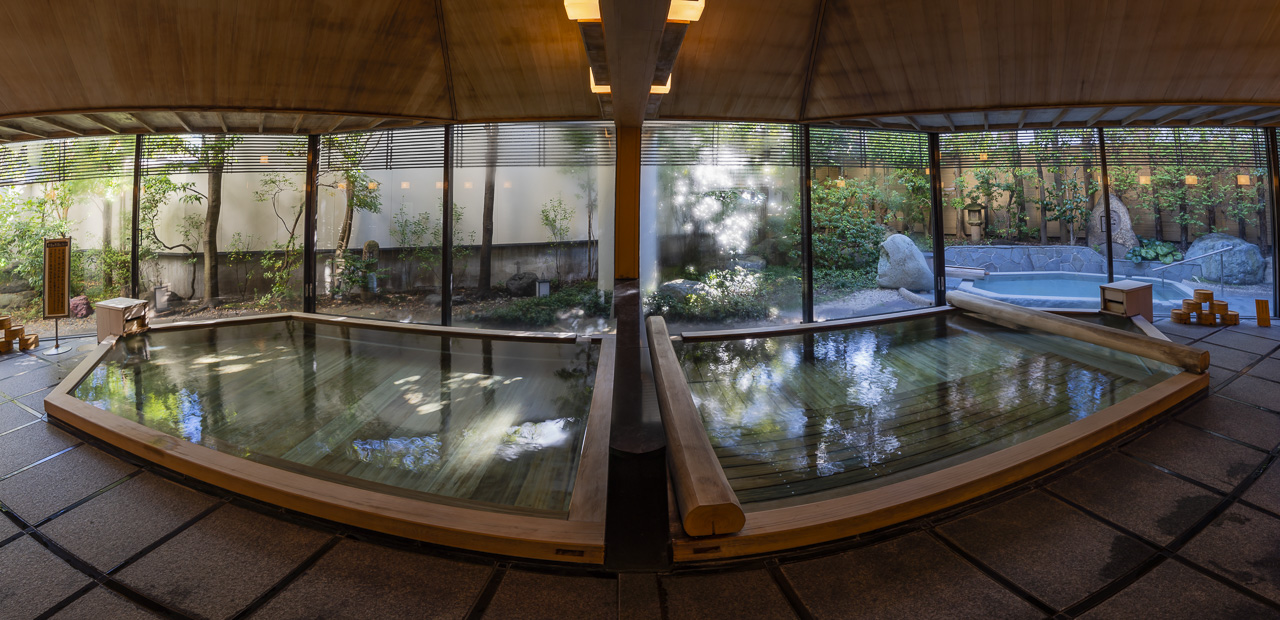
The renowned Japanese hot springs, or onsens, also contribute to the nation’s health and longevity. Many locals frequent these springs for their healing properties. We’ve personally explored several during our travels, and you can learn more about them here: Japanese Ryokan – Our Stay in a Traditional Inn.
7. Japan is Home to Many Active Volcanoes
Japan features a total of 110 active volcanoes! Scientists actively monitor 47 of these due to their recent eruptions or the potential for future activity.
8. Over 1,500 Earthquakes Occur Annually
That’s correct! Japan is situated atop or near three tectonic plates: the Eurasian, North American, and Philippine plates. This geographic position leads to over a thousand earthquakes each year. While most of them are minor and go unremarked, larger and more destructive quakes do occasionally occur. (On a personal note, I experienced an earthquake during my time in Yokohama years ago, and it was quite unsettling.)
Japan is recognized as one of the most earthquake-prone countries worldwide.
9. Forests Cover 67% of Japan
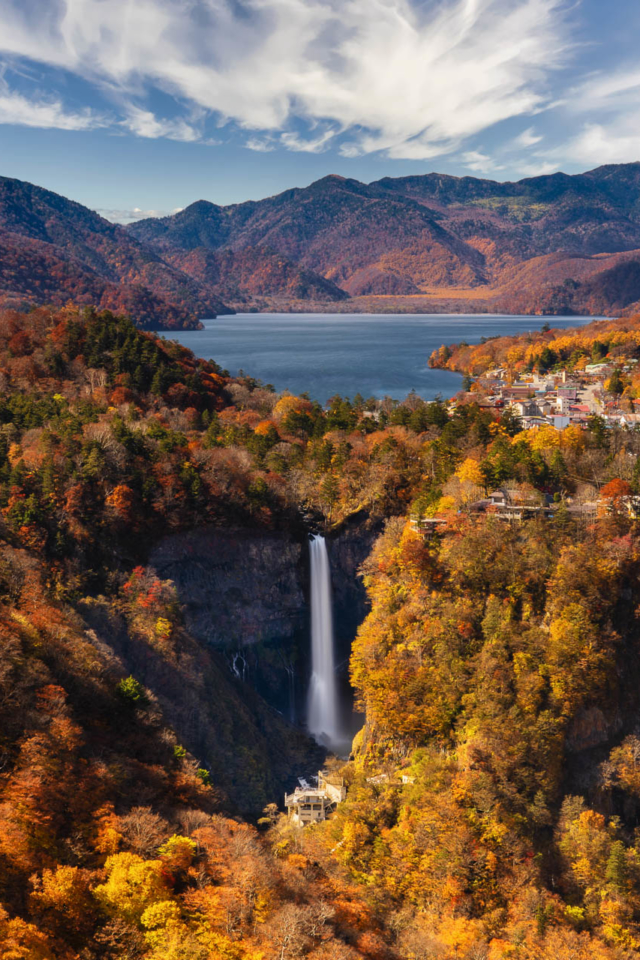
When envisioning Japan, people often think of its bustling cities or prominent islands. However, a surprising 67 percent of the country is covered in forests.
It’s not uncommon to encounter signs on forest paths warning hikers to be cautious of black bears. Who would have thought there were black bears in Japan?
10. The Japanese Have a Deep Connection to Nature and Their Culture
Most Japanese individuals share a profound love and respect for nature, rooted in the spirituality of the Shinto religion, which recognizes the presence of spirits in natural elements like rivers, mountains, and rocks. This deep connection is one of many enlightening facts we uncovered on our recent trip to Japan.
11. Japan is Home to the Deepest Underwater Postbox
One fascinating fact about Japan is that Susami, a well-known fishing town in Wakayama Province, boasts the world’s deepest underwater postbox. The Guinness World Records recognized this unique mailbox in 2002. Located 30 feet underwater, it has collected over 32,000 pieces of mail since its inception in 1999.
12. Mount Fuji is a Sacred Site
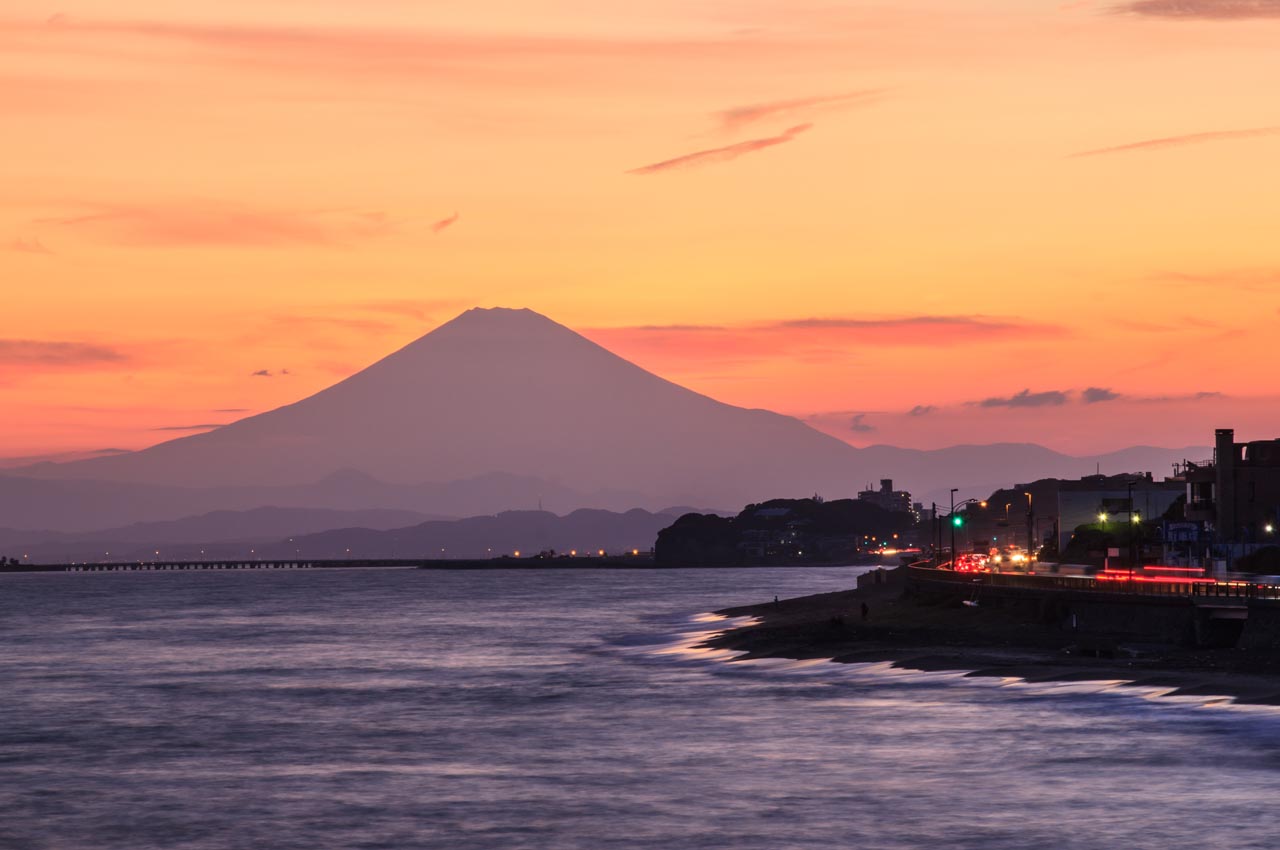
Not only is Mount Fuji the tallest mountain in Japan, but it has also been regarded as a sacred site in Shinto beliefs since the seventh century. Interestingly, the goddess Konohanasakuya, who symbolizes cherry blossoms, is the Kami (deity) associated with Mount Fuji.
Even for those not following the Shinto faith, the area around Mount Fuji is known for its serene and mystical atmosphere.
13. Japan Has Ice Cream That Doesn’t Melt
This is a fun fact for the younger audience!
The description can be a bit misleading; while this unique ice cream does eventually melt, it reportedly takes several hours to do so. Imagine that—definitely a deliciously captivating fact for kids! This remarkable ice cream was discovered accidentally during scientific studies on strawberry chemistry, which aimed to assist farmers affected by the 2011 earthquake.
14. Portugal Was the First European Nation to Reach Japan
In 1543, the Portuguese became the first European nation to set foot in Japan, arriving at the port of Nagasaki. This marked the onset of the Nanban trade period, which lasted from 1543 to 1614.
During this era, Japan and Portugal engaged in extensive trade. The Japanese were introduced to European technologies and practices, including firearms, armor, and ships.
Interestingly, it was during this time that the Portuguese introduced tempura to Japan, a dish that has become incredibly popular in the nation.
15. Japan Experienced a Period of Isolation Under the Shogun
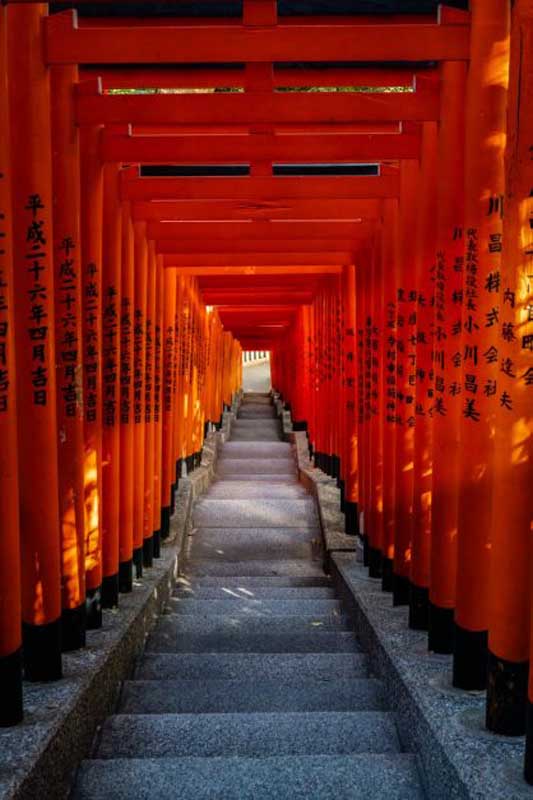
Following the substantial influence of European culture since 1543, Shogun Tokugawa Lemitsu closed Japan to all foreigners in 1635. This policy of isolation prohibited foreign entry and forbade Japanese citizens from traveling abroad.
Anyone found possessing European goods faced severe consequences, a decree known as the Sakoku Edict of 1635.
16. Japan Has a Highway That Passes Through a Building
Yes, it’s true! In Osaka, the Hanshin Expressway runs straight through the 5th, 6th, and 7th floors of the Gate Tower Building.
Remarkably, the employees within the building are unaware of the highway overhead, as walls and floors are soundproofed, and there is no physical contact between the highway and the structure.
17. The Japanese Embrace a Healthy Diet
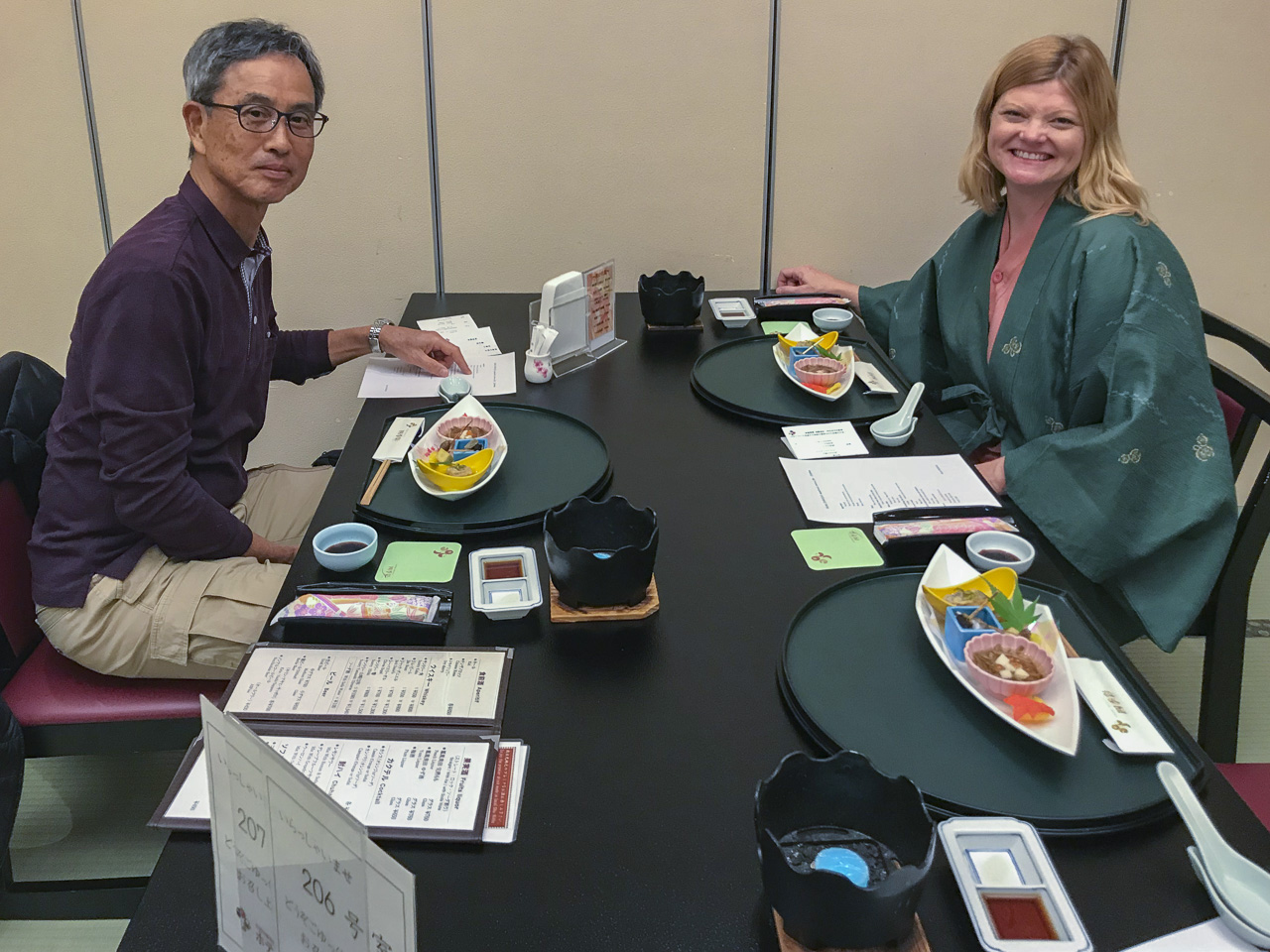
The Japanese diet is widely recognized as one of the healthiest in the world, comprising staple items like rice, fish, and vegetables.
In Japan, people typically consume fewer fatty foods, focusing instead on ingredients rich in minerals and vitamins. This eating habit significantly contributes to the country’s exceptionally high life expectancy. Discover our favorite Japanese dishes before your next visit!
18. Japan Has the Last Remaining Emperor
Japan is unique in being the only country with an Emperor. While the role of the Emperor is largely ceremonial and symbolic, they remain a vital part of Japanese heritage.
The current Emperor of Japan, Naruhito, ascended the throne on May 1, 2019, following the abdication of his father, Emperor Akihito, on April 30, 2019.
19. Japan is a Hiker’s Paradise
Hiking might not be the first activity that comes to mind when planning a trip to Japan, but the country is home to numerous mountains and diverse hiking trails. There are countless options catering to various levels of experience.
For those seeking adventure, hiking up the magnificent Mount Fuji will truly test your endurance. Additionally, there is a UNESCO-recognized trekking route through the Japanese Alps on Honshu, Japan’s largest island.
20. Japan Features the Sixth-Longest Coastline in the World
Japan boasts the sixth-longest coastline globally, surpassing Australia, the United States, and Antarctica to secure a spot in the top ten.
With a total coastline of 18,486 miles, Japan is home to picturesque hiking trails, rugged cliffs, quaint coastal towns, and some of the world’s largest fishing ports. Learn more about the charming seaside town of Kamakura, located just two hours north of Tokyo: Kamakura, Japan – The Ultimate Seaside Escape.
21. The Famous Kitayamazaki Cliffs
The Kitayamazaki Cliffs stretch five miles along the Rikuchu Coastline in the Northern Iwate region and rise an impressive 650 feet. This area gained notoriety for winning first place in the “natural resource: coast” category in 1999.
The Kitayamazaki Observatory offers the best vantage point of the coastline, featuring three observation decks at varying heights to provide sweeping views of this stunning location.
22. Unique Customs and Traditions in Japan
Japan is rich in unique customs and traditions. One of the most noticeable is the practice of bowing, which serves as a greeting or farewell. The depth and duration of the bow vary depending on the situation and the person’s status, serving as a sign of respect.
Respect for nature is deeply embedded in Japanese tradition as shown in practices like cherry blossom viewing, or hanami, during spring. This time people gather beneath blooming cherry trees to appreciate the fleeting beauty of the blossoms, symbolizing life’s transience.
The cuisine of Japan reflects this respect for nature, emphasizing seasonality and freshness. Many dishes include ingredients that are only available at certain times of the year, ensuring that the food remains vibrant and in harmony with the seasons.
The traditional Japanese tea ceremony, known as chanoyu, sado, or ocha, is a highly ritualized occasion where guests are served green tea in a specially designated room. This ceremony embodies the principles of harmony, respect, purity, and tranquility, presenting a deep spiritual experience beyond merely consuming tea.
Giving gifts is an important aspect of Japanese culture, where gifts are thoughtfully chosen and beautifully wrapped to express respect and gratitude to the recipient. This practice permeates various aspects of life, from business to personal relationships.
Moreover, reverence toward elders is a core value in Japanese society, influencing many customs centered around caring for and honoring older generations.
Before entering a home or traditional building in Japan, it’s customary to remove shoes. Guests are often provided with slippers or socks to ensure cleanliness and show respect for the space.
Japan is also known for its vibrant festivals and celebrations, each showcasing its unique customs and traditions. Oshogatsu and Tanabata are significant events celebrated with enthusiasm and reflect the deep-rooted nature of Japanese culture.
Politeness and respect are cornerstone values in Japanese society. This is evident in the use of honorific language and courteous behavior in daily interactions. The art of calligraphy, or shodou, is another revered tradition in Japan, with many artists dedicating their lives to mastering this ancient form of expression.
Japan: A Fascinating Country
These are just a few of the captivating facts about Japan! Truly, the list is endless, and there is so much more to learn and explore. With a rich history spanning over 2,000 years, Japan offers an enticing blend of ancient traditions and modern innovations. We hope this article inspires you to discover just how intriguing Japan really is, with its many layers of culture and history.



